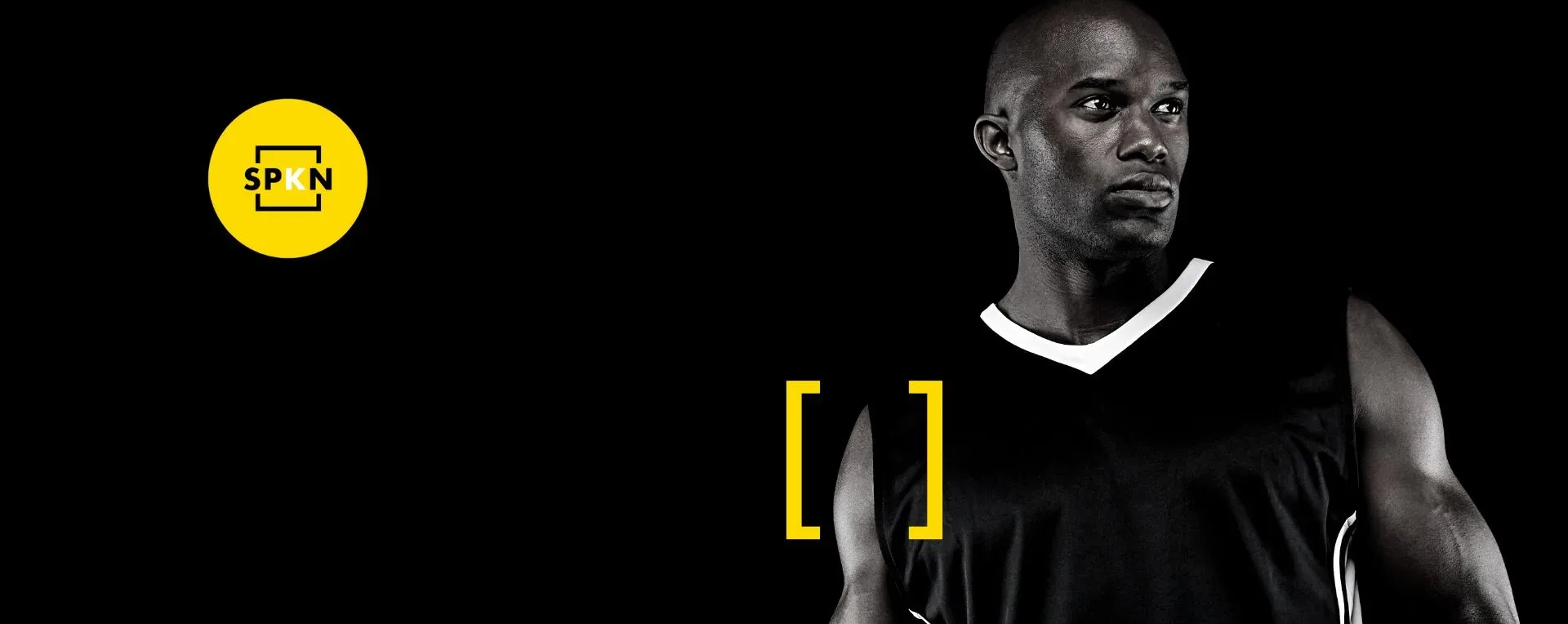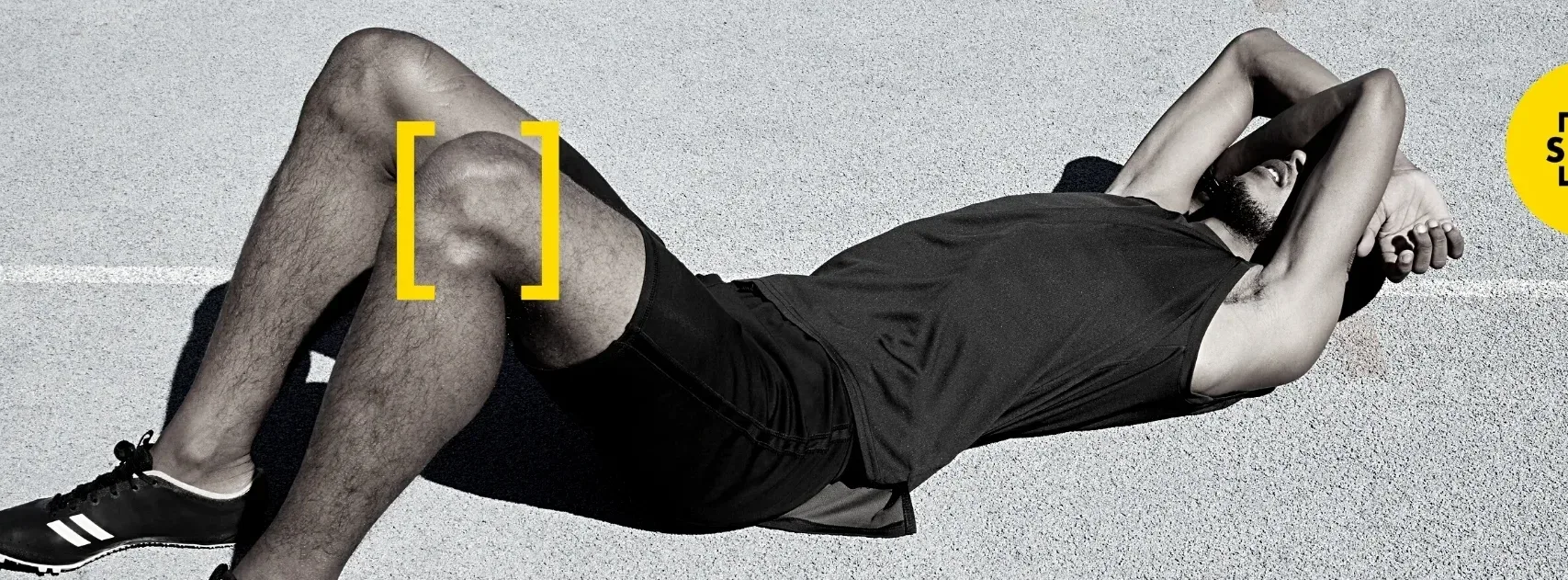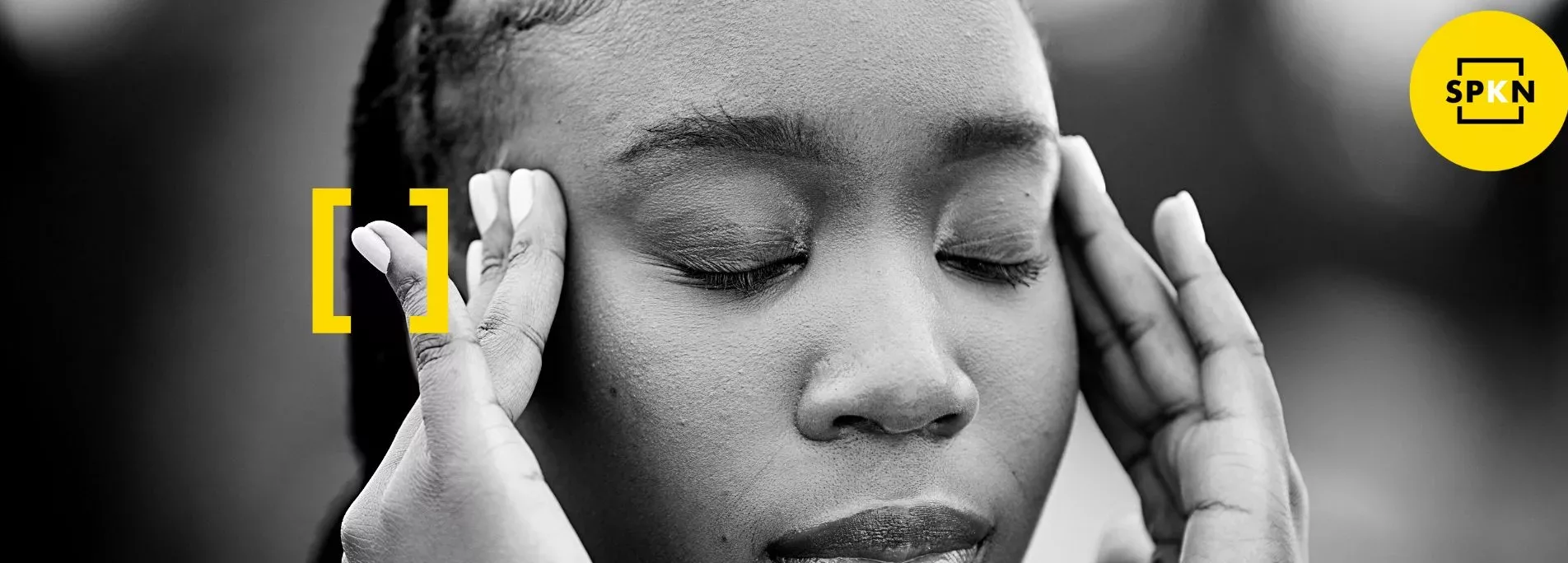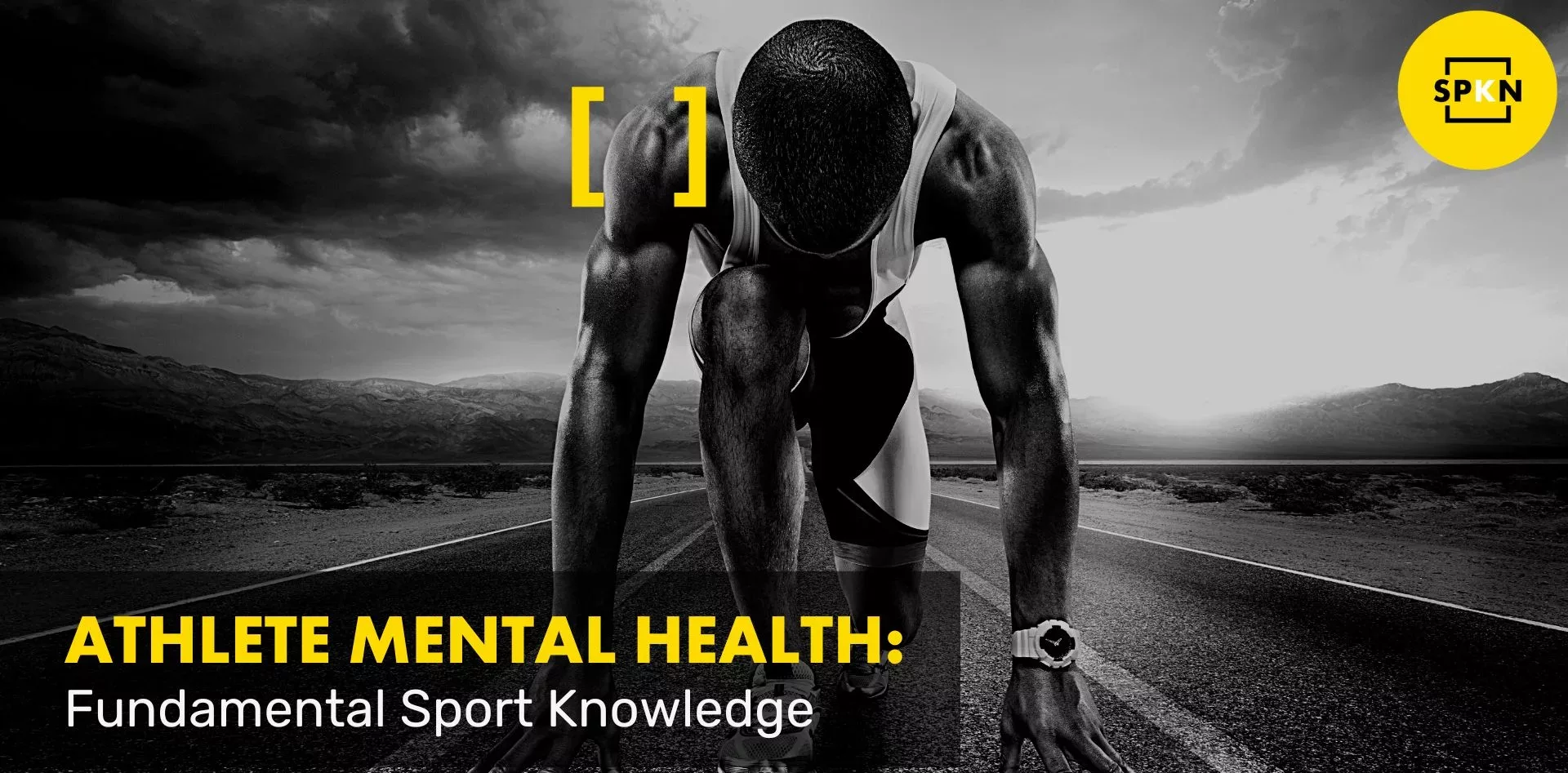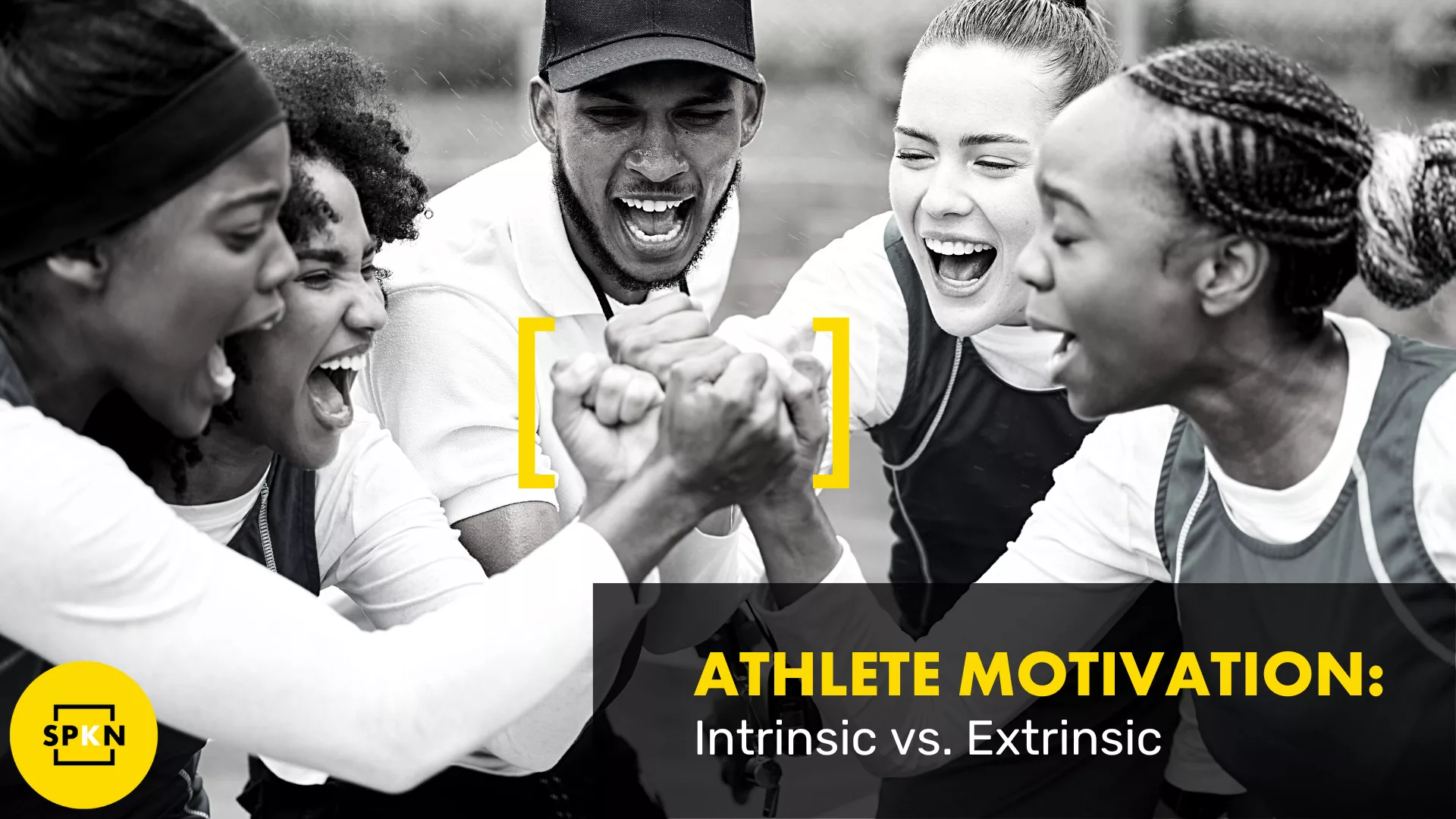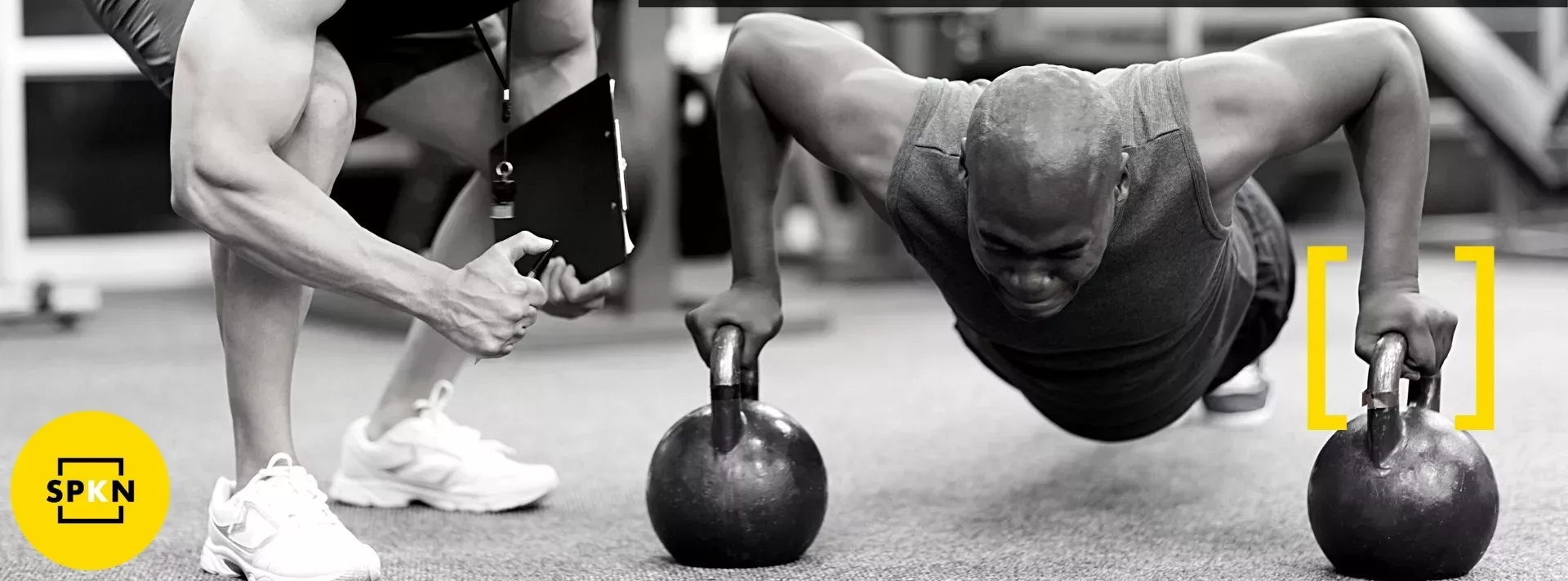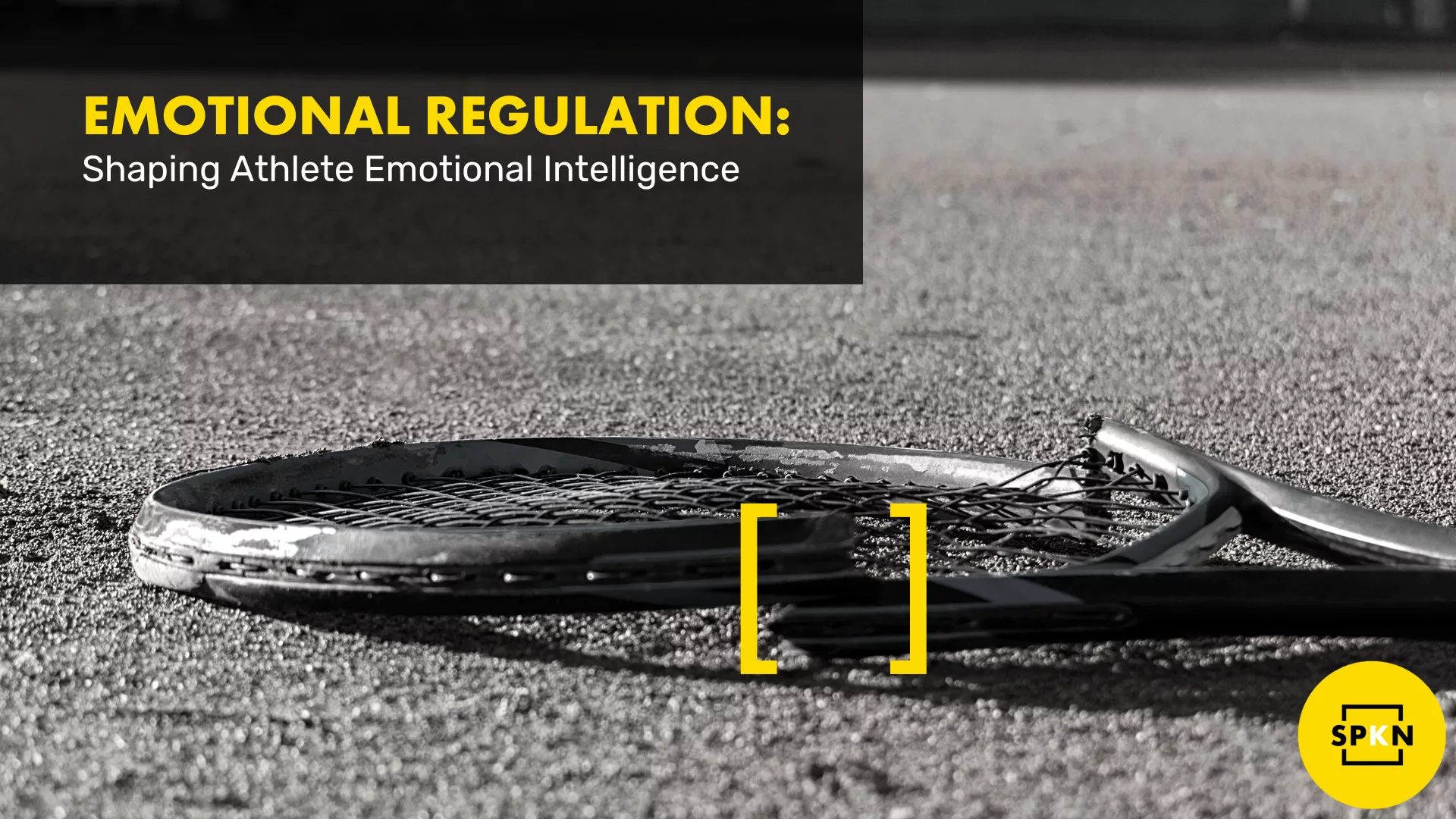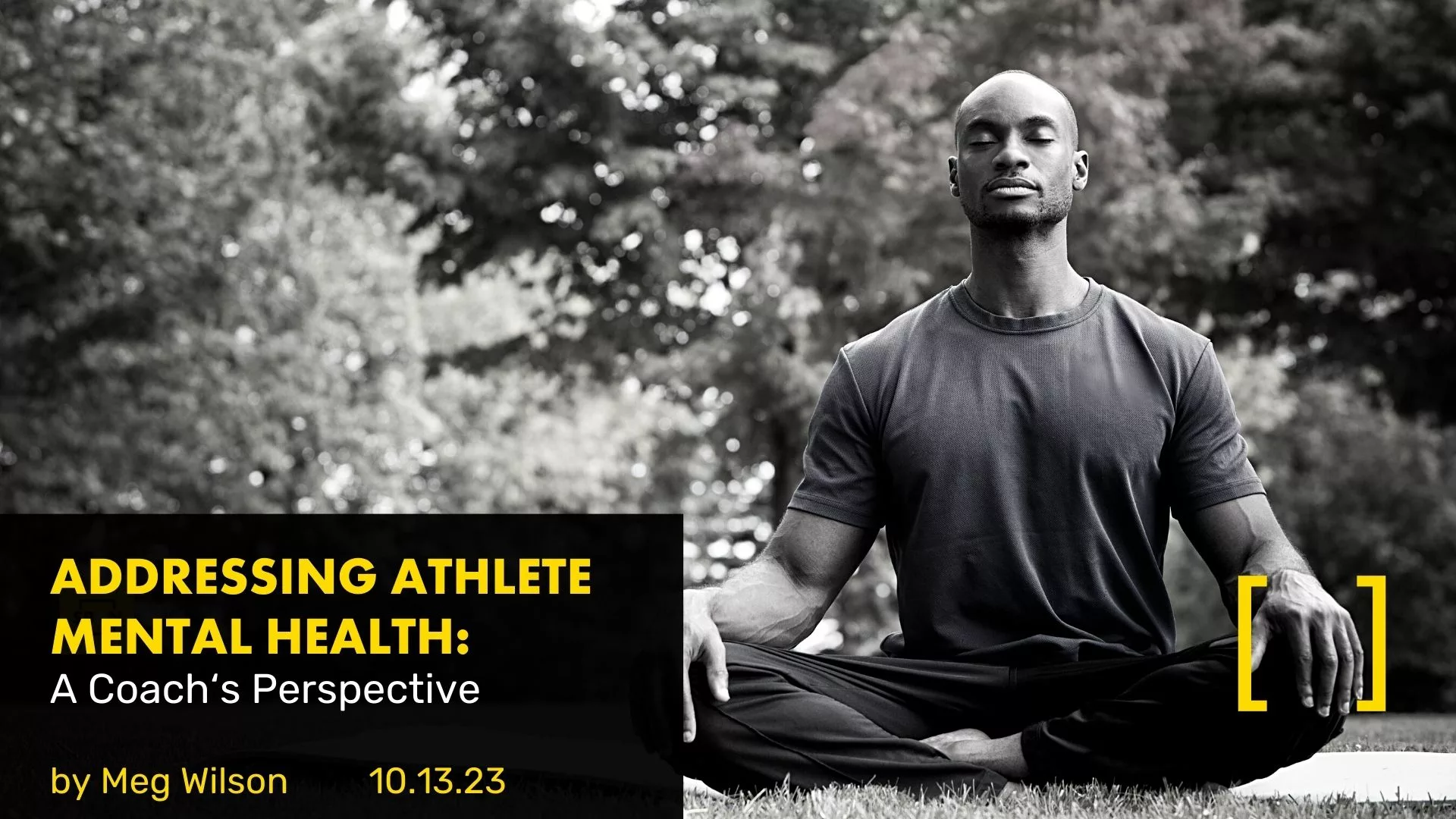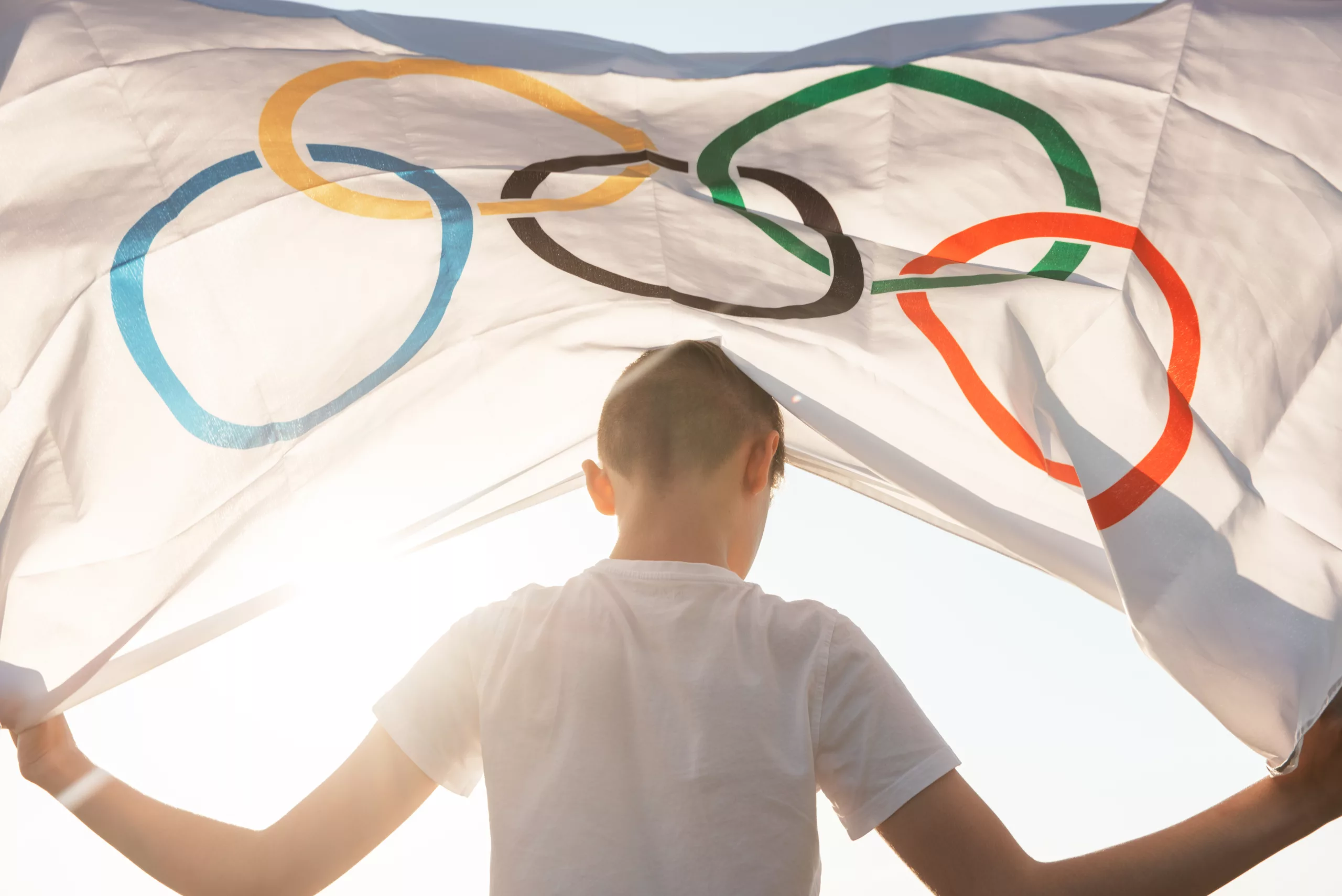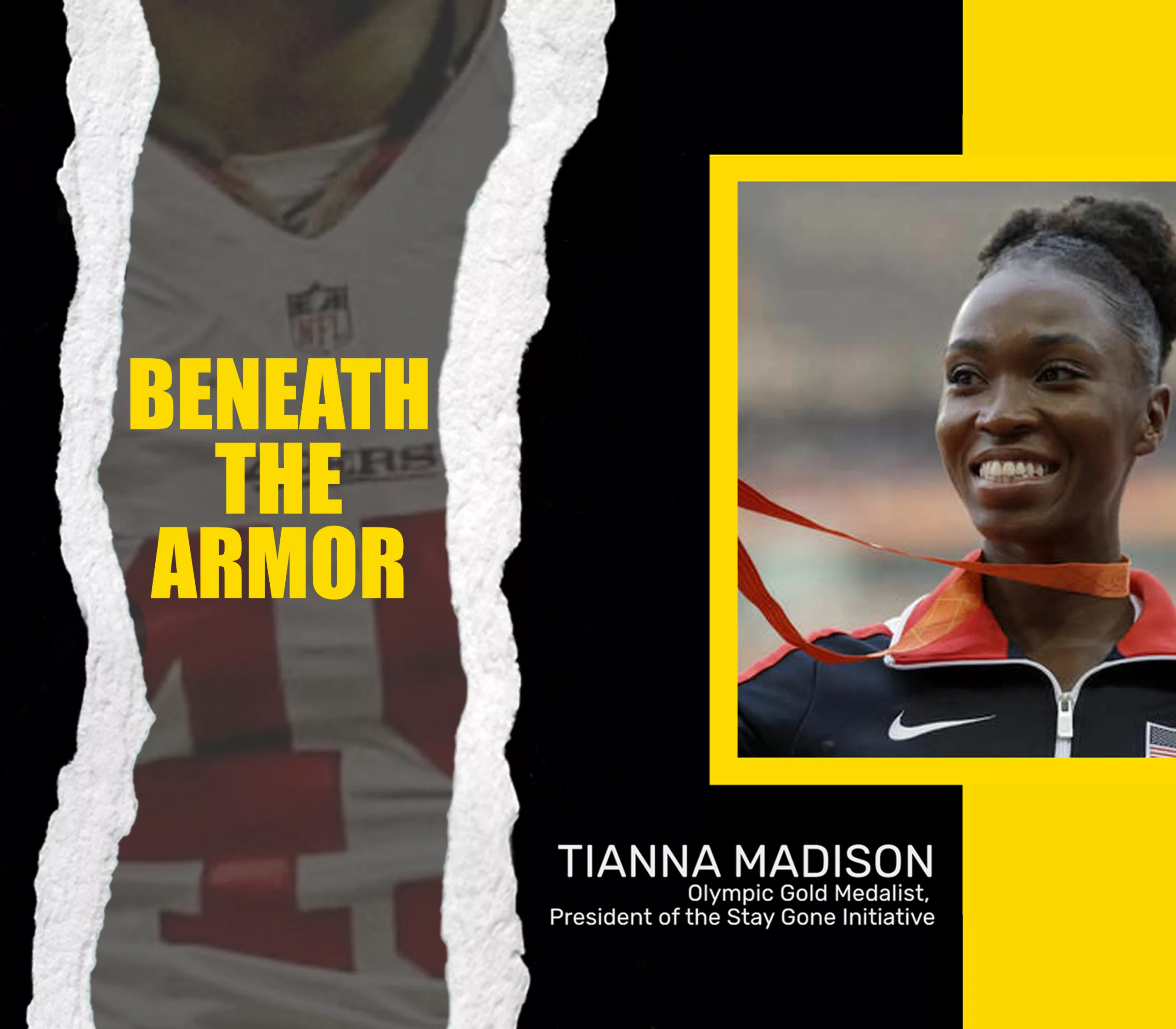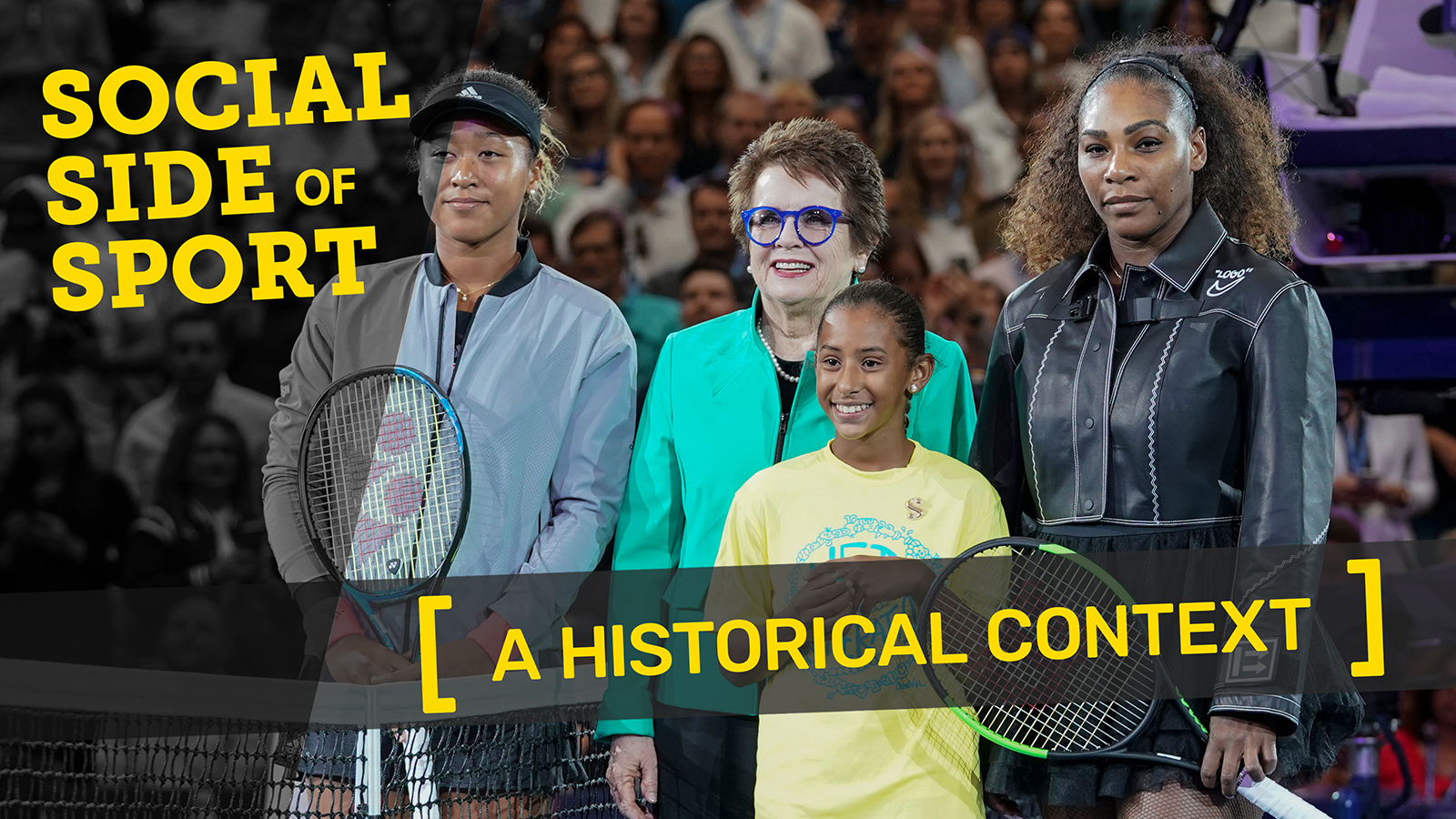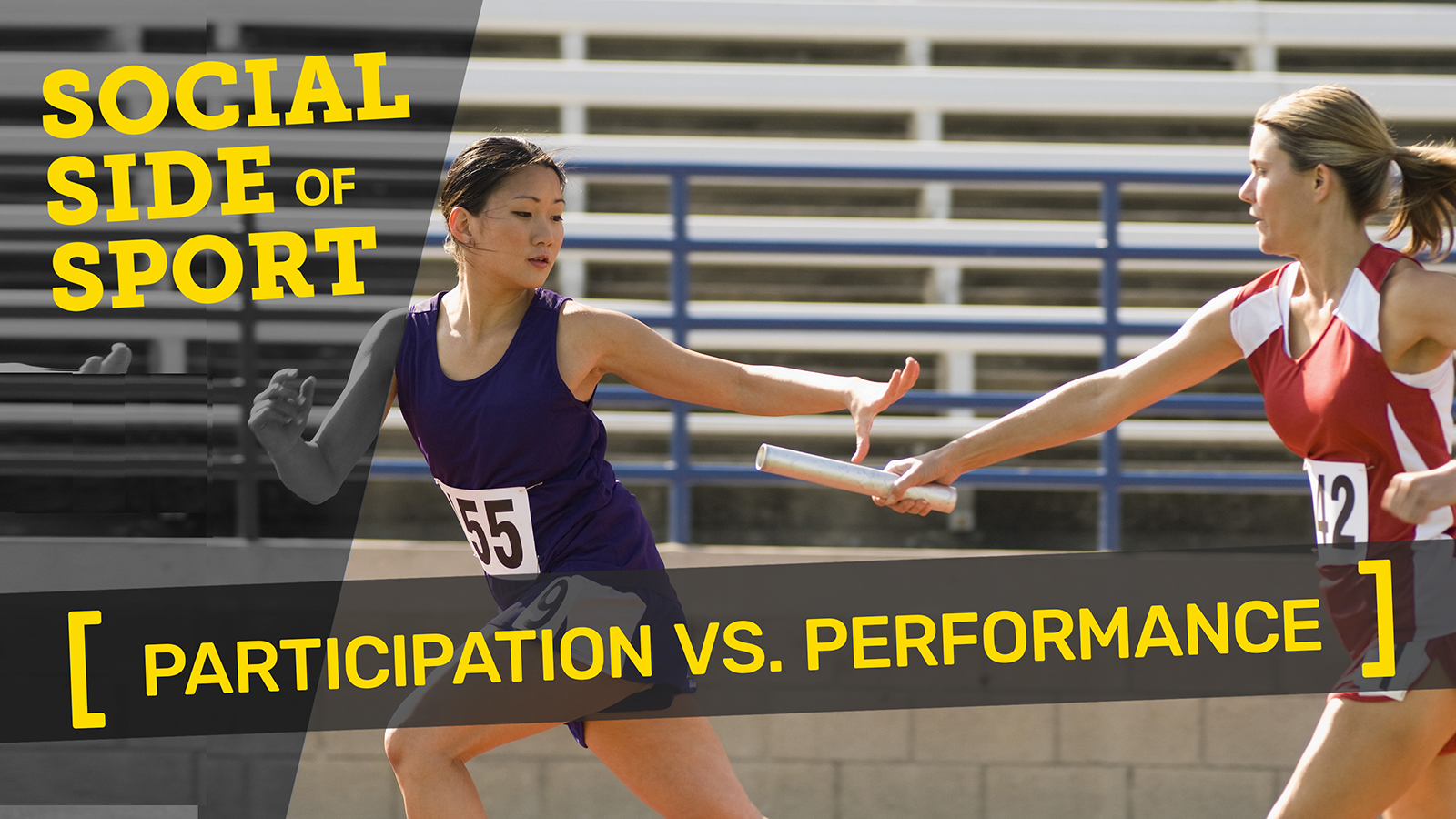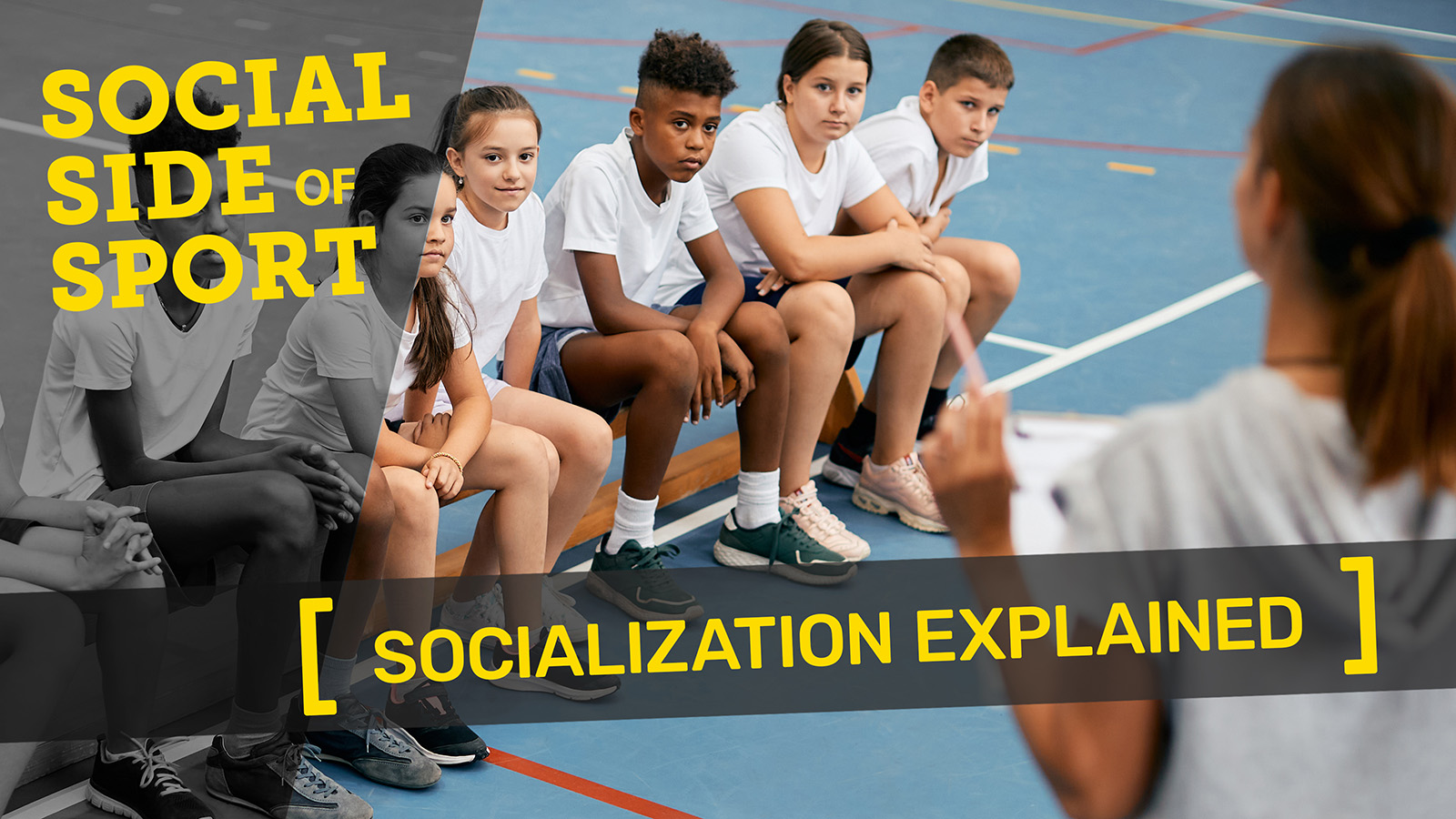Alertness is defined as a state of sustained attention, and being quick to perceive and act. In sports, e.g., athletes describe the feeling of “being in the zone” which can be referred to be in a state of sustained alertness over a given period of time (Tenenbaum & Gershgoren, 2014).
To achieve a state of relaxed alertness is essential for athletes because how they perceive and react to stimuli is the key to successful performance. For example, basketball players must maintain alertness at a certain level to observe the defenders around them when they intend to attack the rim. Another example would be a tennis player’s need to achieve a high level of alertness during the time waiting for a serve from the opponent to make the decision to react effectively.
However, insufficient alertness can result in an increment of reaction time, resulting in performance decrement. For example, low levels of alertness can be detrimental to hitting performance in baseball, which demands a quick response toward the ball coming from the pitcher.
Several methods have been applied to enter a designed level of alertness by athletes. For example, it is common for athletes to perform centering breaths before and during competition, caffeine intake (Rogers & Dinges, 2005), or submaximal exercise (Davranche, Burle, Audiffren, & Hasbroucq, 2006), which has a reported improvement in reaction time during exercise
compared to the period during rest.
References
Davranche, K., Burle, B., Audiffren, M., & Hasbroucq, T. (2006). Physical exercise facilitates motor processes in simple reaction time performance: An electromyographic analysis. Neuroscience Letters, 396, 54 56.
Rogers, N. L., & Dinges, D. F. (2005). Caffeine: Implications for alertness in athletes. Clinics in Sports Medicine, 24, 1 13.
Tenenbaum, G., & Gershgoren, L. (2014). Individual and team decision-making. In A. G. Papaioannou, & D. Hackfort (Eds.), Routledge companion to sport and exercise psychology: Global perspectives and fundamental concepts (pp. 460 479). Abingdon: Routledge. https://amzn.to/3ZBaqt1
***Contributed by Tsung-Min Hung & Ming-Yang Cheng for Hackfort, D., Schinke, R. J., & Strauss, B. (Eds.). (2019). Dictionary of sport psychology: sport, exercise, and performing arts. Academic Press.
(https://amzn.to/3ZxARzT)




